The Right Pilot Seat for You
Among the questions I have asked pilots while helping them find employment is why do you want to work for the major airlines? Of all the questions, this one catches pilots off guard the most. They open their mouths because they think they have the answer, and more often than not, they look like a deer caught in the headlights. They don’t know why, just that it seems like that’s what a pilot is supposed to aspire to.
I have been in aviation for 25 years and have worked in all aspects of it. From customer service at a busy FBO to the captain’s seat of a commercial airliner, I have experienced everything in between. I’ve flown air ambulance, HazMat, Red Cross, on demand charter, corporate aircraft and the airlines. And there is a stark contrast in what “flying” means to each pilot in each one of those seats. For military pilots, it’s a whole different mindset! And while my Marine dad would love to offer up some opinions here, this pilot seat filter is for those traveling through the general aviation world. It helps answer the question: Which pilot seat is right for you?
Piloting is a lifestyle. It means that this is one of those careers that you don’t leave at the office. You become a pilot. You think like a pilot, you view the world like a pilot and those that know you roll their eyes because they know you are a pilot. It alters you irreversibly, but it’s those alterations of the new you that define which seat and airplane you should be seeking. Your personality filters your perception of happiness, so if you aren’t honest with yourself then you won’t be happy where you end up. There are three primary pilot filters to determine how far you’re going to take your love for aviation and six general pilot professions that demand unique personality traits to thrive. (For Test, Aerobatic / Stunt and Helicopter Pilots, I have no idea where your filter got clogged. Please see a psychiatrist for more information.)
Filter 1 – Flying for the love of flying.
This is where we all start. We enter this secret society with its own language, rules and rewards and once you’ve left the earth on your own accord, your brain will never be the same. The thought of getting paid to do this is mind-blowing. If you decide that you want to keep this strictly as your passion, to fly when and where you want, you have found your place here. The most passionate aviators I’ve ever met are private pilots. Their love of flying is pure and exuberant and will stay that way their entire lives. Their happiness is fulfilled. They will fly when they want and willingly spend their own money to be in control of their pursuit of aviation. If your filter is not full here, move on to the next stage.
Filter 2 – Flying while getting paid is your goal, but you want a balanced life.
You have completed the grind through your private, instrument, commercial and/or multi-engine, and you want someone to pay for your addiction. But maybe you still have another job that you want to keep. Many pilots get their Certified Flight Instructor rating to earn their first dollars in the air, which you promptly give back to the FBO for more aircraft rental and fun flying. Students scare the crap out of you, repeatedly, but you learn more than all those solo cross country hours. And your confidence builds as you learn how to handle a variety of scary flight situations. You’d do anything for hours simply because you want to get off of the earth for a while. You’ll fly airplanes on maintenance flights and warm any empty right seat you can find. These pilots will ferry an airplane for a cheeseburger. They fly Ag-planes, tow banners, give traffic reports for radio stations and volunteer for nonprofits in exchange for flight time. For many pilots, this is enough aviation in their life and the reward of teaching others the joy of flight completes their goal. If your filter is still not full at this intersection, move onward.
Filter 3 – Flying faster, higher, longer and getting paid.
At this point, you’re striving for that magical 1500 hour benchmark and you’ve committed to this thing called aviation. No matter where you go next, you’re going to have to fit in earning a Bachelor’s Degree. You’ll get a degree to earn a living in the real world, but you’ll tuck your diploma under your logbook to simply make the logbook look bigger. You’ve made it through the other filters, so here is where personality shines and pilots should do a little soul searching to reach their happy seat.
At one time, pay was a primary factor in decision making. It is still a factor, but the reality is that over a lifetime of career and seat changes, the pay between corporate pilots (Part 91/135) and airline pilots (non-commuter Part 121) is comparable. There are, of course, the extremes of pay and a myriad of variables (like captain vs copilot time), but most lifetime pay ranges between the two fall somewhere in the moderate middle. Domestic cargo haulers, air ambulance and air-taxi/charter are generally paid slightly less, but the offset is sometimes more time off, if you so choose. Most of the pilots on a charter operator’s roster can chose to be available, or not, for flights.
You chose the Commuter Pilot challenge.
It’s still just a stop on your way to the majors, but don’t laugh: I’ve met captains who plan on staying. They control their schedule and the thought of cutting their pay in half to fly copilot (the miserly pay of the lowly copilot is still reprehensible, but the experience is priceless) and sit reserve at the majors is not appealing. Commuter pilots do more takeoff and landings and work in busy airspace more than any other category. Five to seven legs a day is common and these pilots get good, fast. However, this could be the first phase of hating your job. This environment is a good test of your character. If you can get assigned your schedule and smile with delight that you’ll be gone twenty days (since you have to commute at the beginning and end of each trip sequence), knowing that you’ll be getting around 90 flight hours a month, then this is your happy place. For now. If you chose this copilot seat, pack your positive attitude. With the flat line of pilot hiring in the past, many pilots got stuck in these commuter jobs. And they have been spewing their hate and frustration to the world, and I can’t blame them. Many left the industry. But there are strides to change the cliche commuter world, and companies are slowly recognizing the value of keeping these highly qualified captains. You just have to make it to that seat. A copilot can be extremely happy here, because they know they’re creating a resume that can get them out.
Corporate pilot – a segment of society that requires a smile, patience and finesse
Corporate pilots should have to earn a psychology degree so they can deal with their passengers. These pilots work with a segment of society that is often high demand and high stress. Their clients absolutely, positively, have to be there for that meeting. There are a variety of corporate flight department structures, but generally, you will be flying as a paired crew. So make sure you trust and enjoy the company of your other crew members. You’ll get to know them better than your spouse. You’ll also get to fly fast, shiny equipment that honors the ego. There are hundreds of corporate pilot jobs that would satisfy every checklist of a career pilot and this is where many stay. Now that I’ve tried it all, this is where I’d stay.
Charter/Air Taxi – You want to fly where? When? Right now, midflight?
Charter and Air Taxi has a good mix of pilots who stay here, and pilots who use it to move on. You have to be good with the passengers and you are expected to be a pilot of all trades. You will handle your own flight attendant duties, customer requests, catering, ground transportation, flight planning, and so on. You’ll usually have charter coordinators to guide you. But once you pull up the gear, you’re in charge of everything having to with your flight and passengers. You’ll also be flying with a variety of pilots, so you’ll have to be on your toes a lot. And as you’re learning to work with different pilots, at some point, you’ll find yourself in a shack on an airport in North Dakota wondering why you thought this job was so glamorous. This category of pilot has a cult following who love being this category of pilot. No two days are the same. And with the variety of destinations, and often the ability to choose to be unavailable to fly, the flex schedule offsets the lower pay.
Cargo Pilots- these are my favorite characters.
And yes, they scare me a little. I’ll never forget the freight dog spaying Pam cooking spray on his Skyhawk’s propellers in a snowstorm in Aberdeen. Yes, he took off in it. No, I didn’t read about him in the papers. Yes, I know they hate being called freight dogs. When he saw me looking at him in horror, he shrugged and said, “Hey, I’ve been flying parts around the Midwest in this airplane for eight years and it works every time…” These pilots have skills beyond teaching. They get the job done, often single pilot, at night, IFR, in snowstorms. They aren’t that good at being patient with people and they don’t need recognition for being a pilot. They just are. The major international cargo haulers often offer pay better than the major airlines. And most of the pilots I know who’ve stayed with one carrier and love their jobs are cargo pilots. They don’t have to deal with passengers. So, maybe that’s why they’re a little happier?
Air ambulance – pilots don’t have rhythm anyway
Often blended in with charter/air taxi providers, these pilots must overcome circadian rhythm. If your phone rings at 0200 when it’s -22 F and you gladly jump out of bed and get to the airport within the required 30 minutes (or 5 minutes if you’re one of those that has to sleep at the hangar), then this is where you hang your epaulets. This job goes from sleep to 600 mph in mere minutes. And, your payload is a sick or dying passenger whose life you are trying to save. This is a righteous profession. And you will learn to fly in all types of weather, and in and out of podunk airports in the middle of the night.
The Major Airlines – I’m a real pilot now, right?
This is where most pilots think they want to be. They have been so focused on getting here that they arrive unprepared for the superficial disillusion. No, it’s not perfect. But don’t forget, airlines are a business. Surprisingly, they didn’t build those glorious beasts to let pilots fly for fun. They’re there to make money, so learn to play the game. However, once you shut the cockpit door, you are a pilot. Nothing else matters. Breathe it in and allow yourself to cast off any disillusionment you might feel, because there you are, in that seat, and it is glorious. The reality of the hassles are minor compared to this feeling of commanding and controlling a couple hundred thousand pounds of airplane as it speeds through the air. And, you will learn how to walk through an airport terminal with your pilot face on. You know what I’m talking about.
While this is by no means an exhaustive list of choices, this is a good general chart of the choices available to a pilot. The final factor that applies to every choice is copilot versus captain seats. I know many copilots at the majors who never want to upgrade. They love their seniority and getting to fly without the added daily stress of taking on captain duties. And often, they find themselves making more money than the new captain next to them. For others, knowing you’re the captain means demonstrating you are willing to share what you’ve learned in the copilot seat. And you’ll eventually get paid for the extra effort. Captains set the tone for the entire crew, so it’s within your power to change the happiness of everyone around you, including yourself. You learn how to be a good captain by being a good copilot. This is true even when you have a bad captain, often especially when you have a bad captain, so pay attention in that copilot seat.
No matter what path you chose in this maze, enjoy it, no matter how much you hate it. You have chosen to be there, and you do have choices. Over the next two years, pilots are going to see a flurry of hiring which will ripple down to the CFI level. There will be movement which means change and options. Be thoughtful with your choices. And if you don’t like where you are, don’t bring others down with a bad attitude! Change your seat instead.



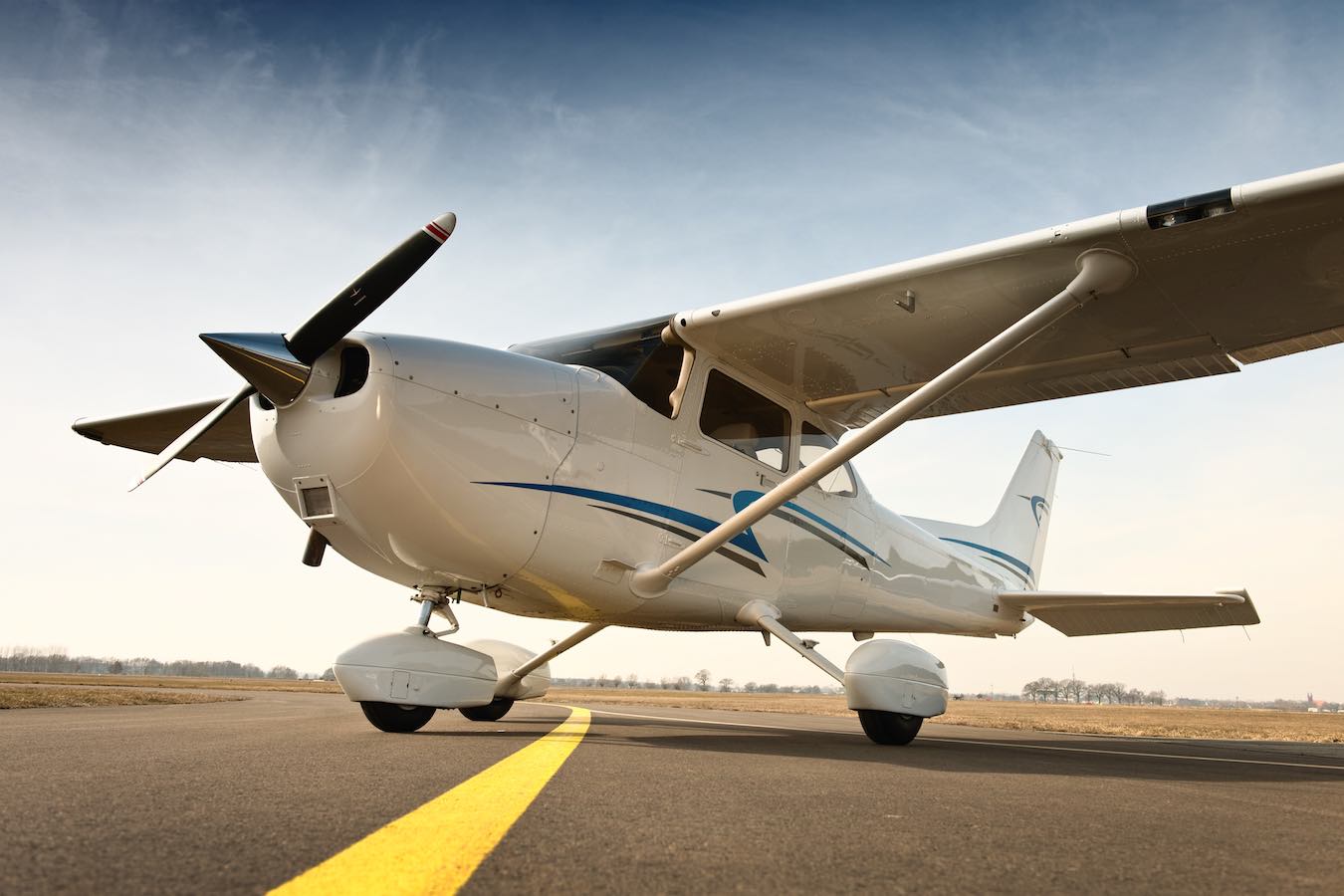
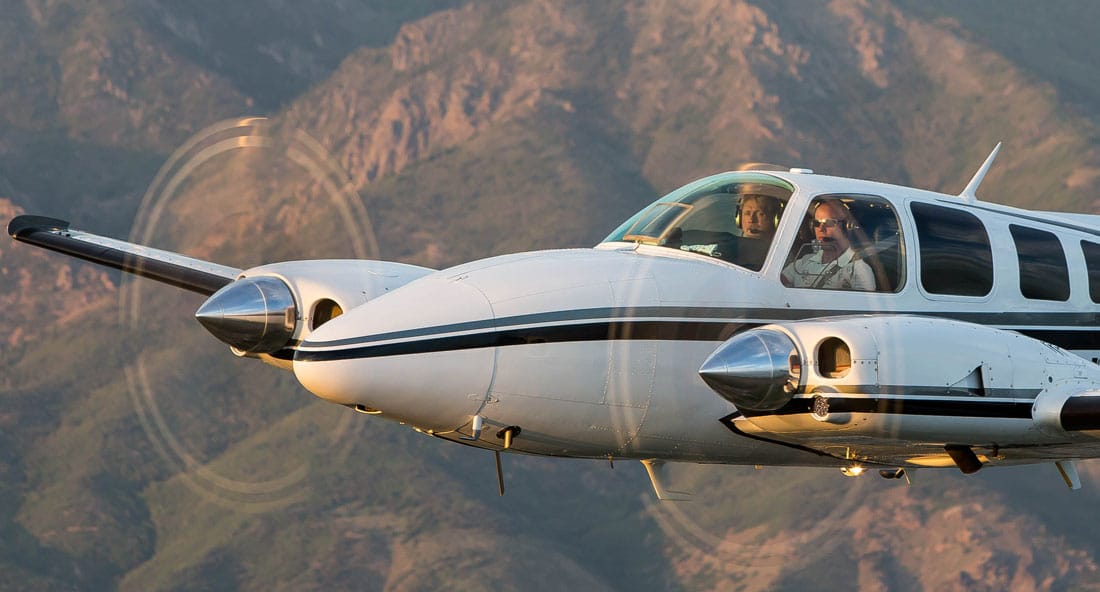
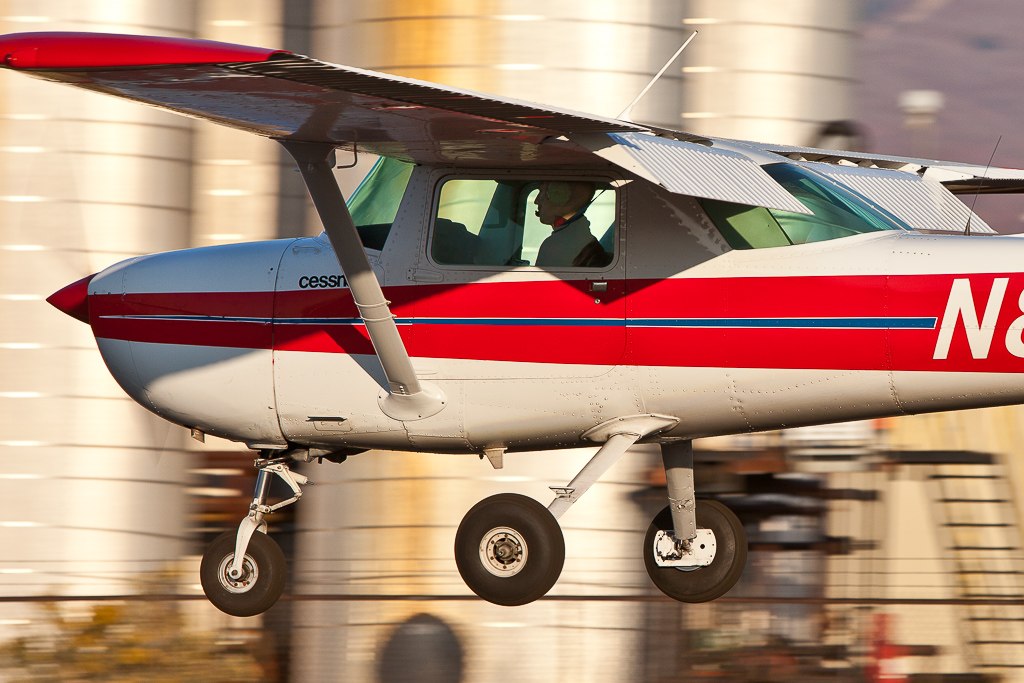
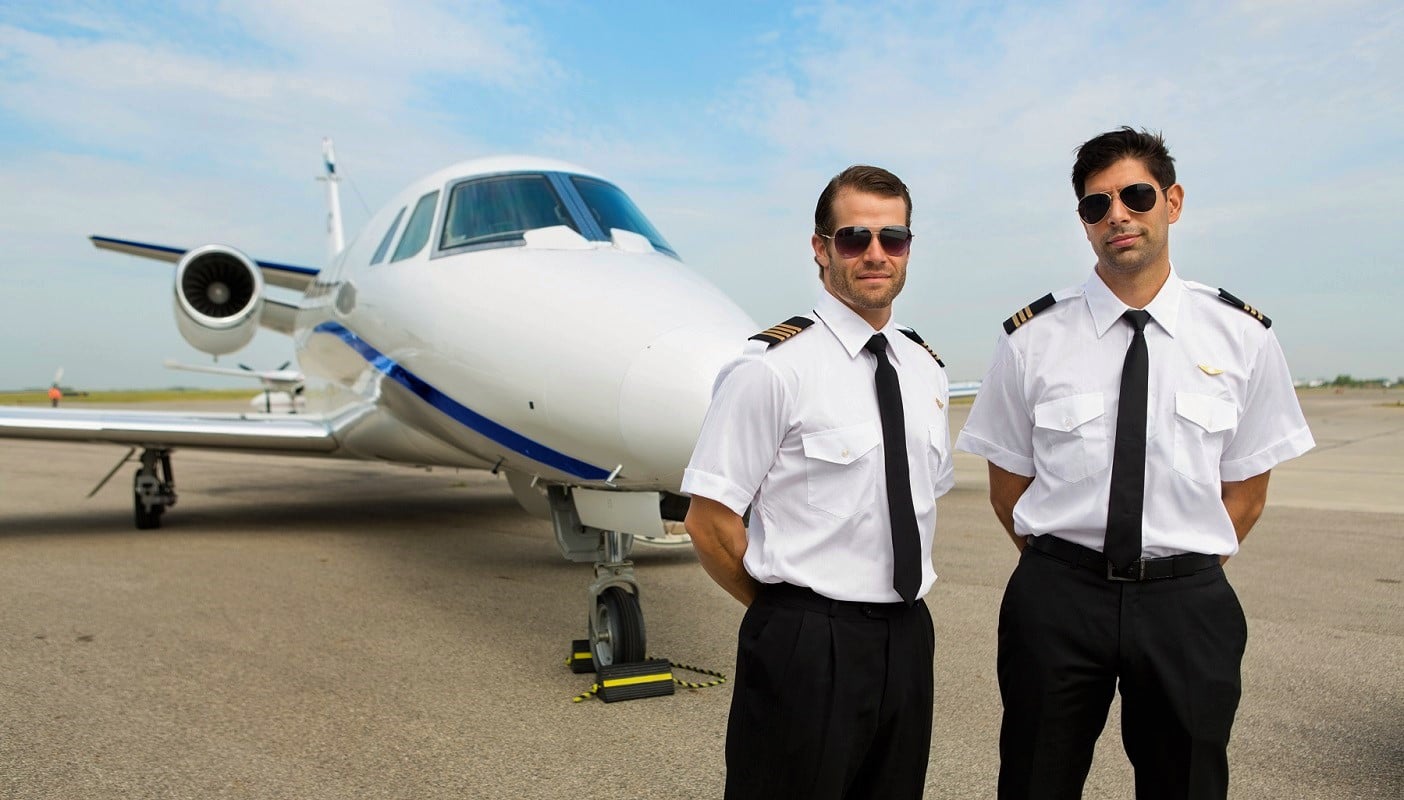
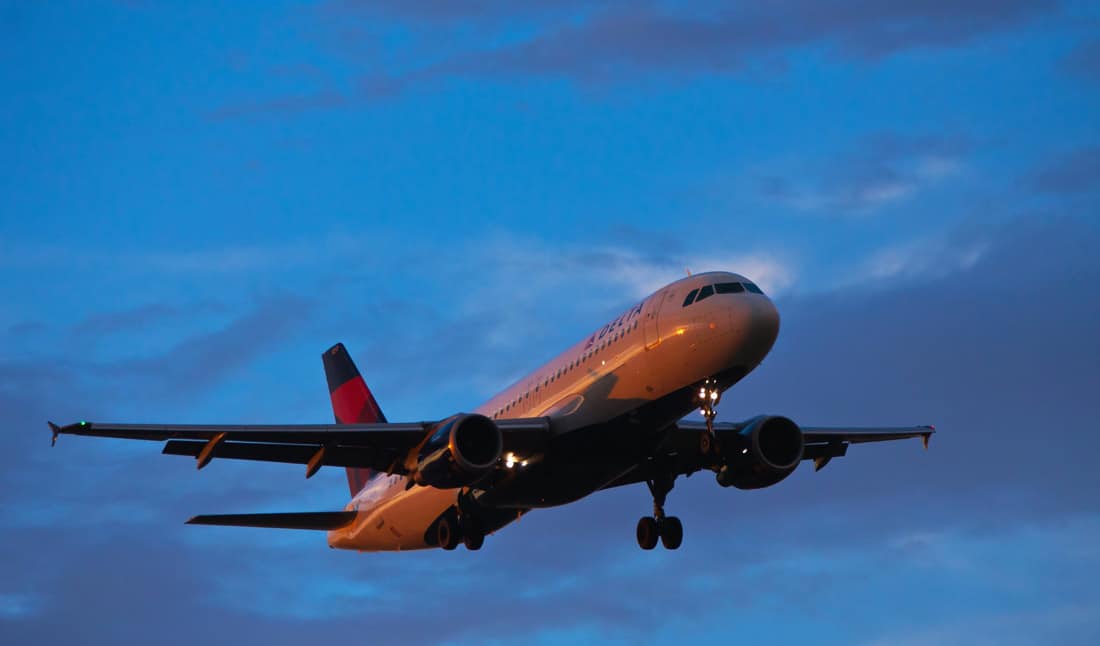
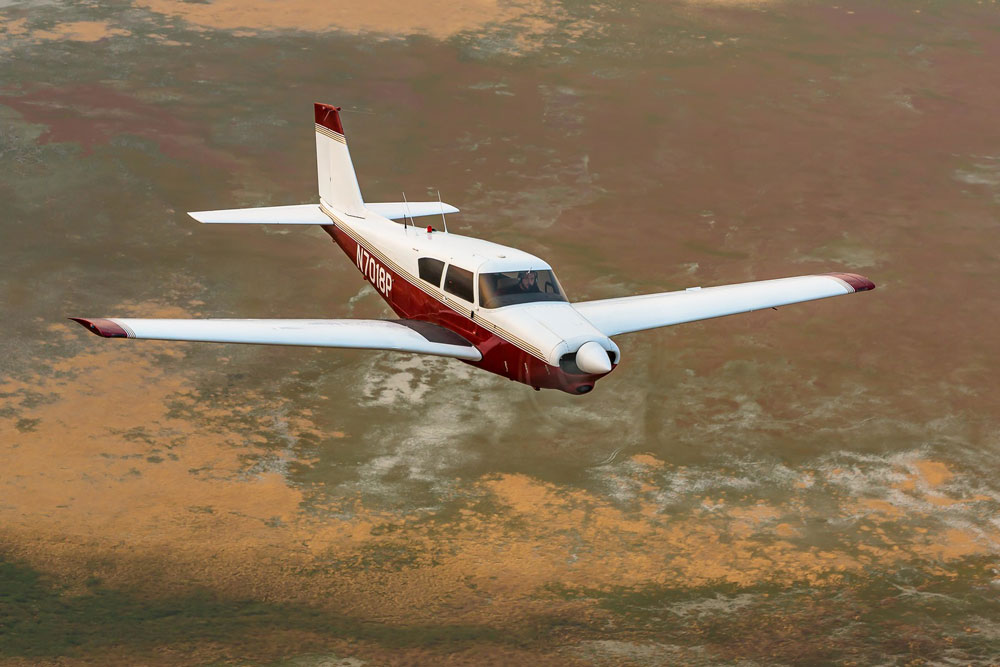
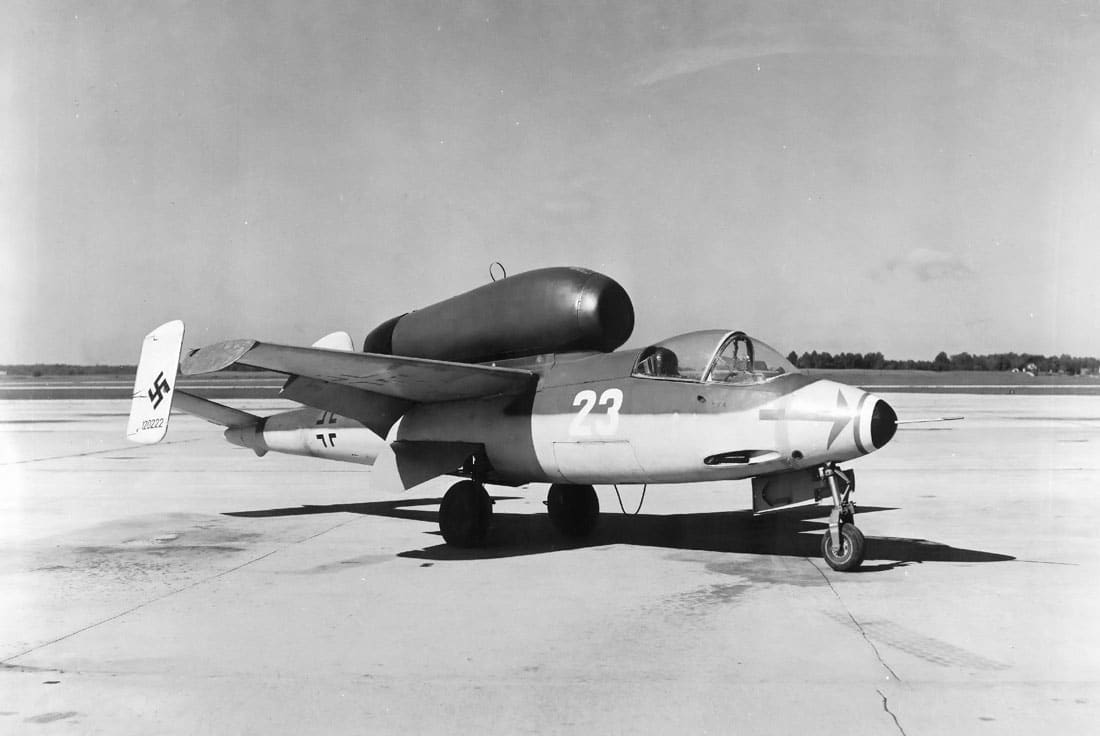
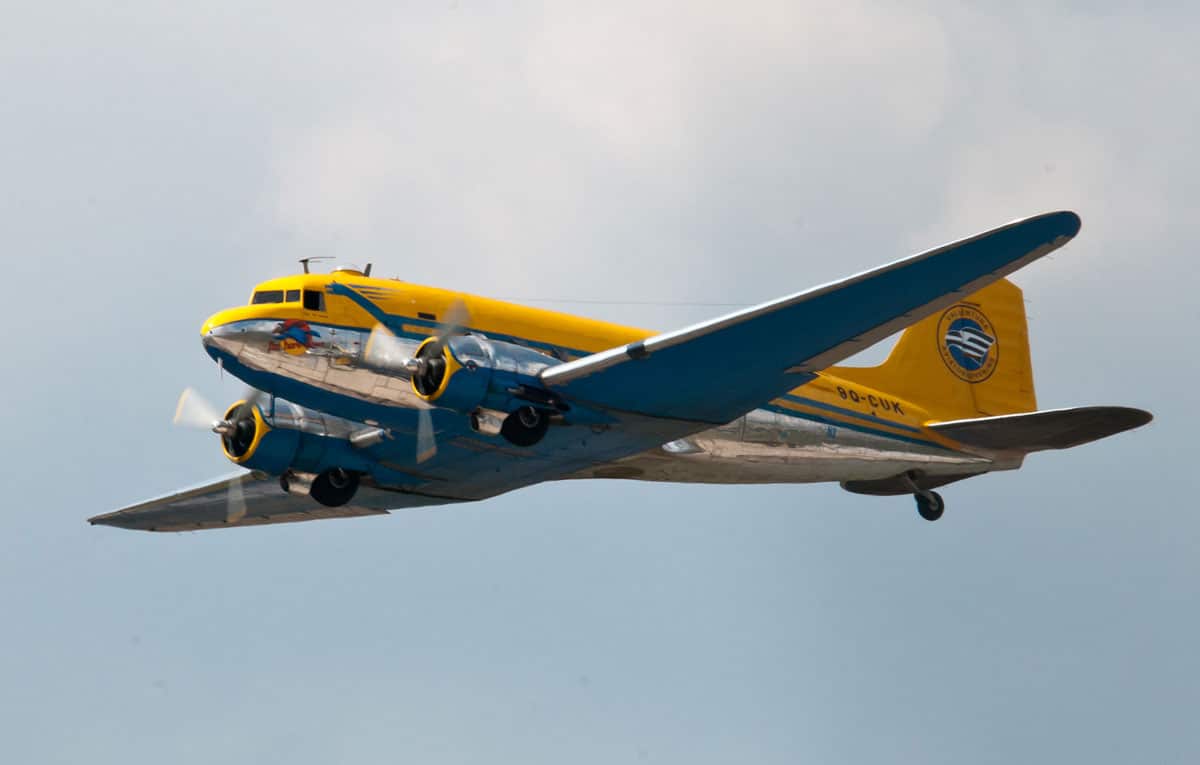
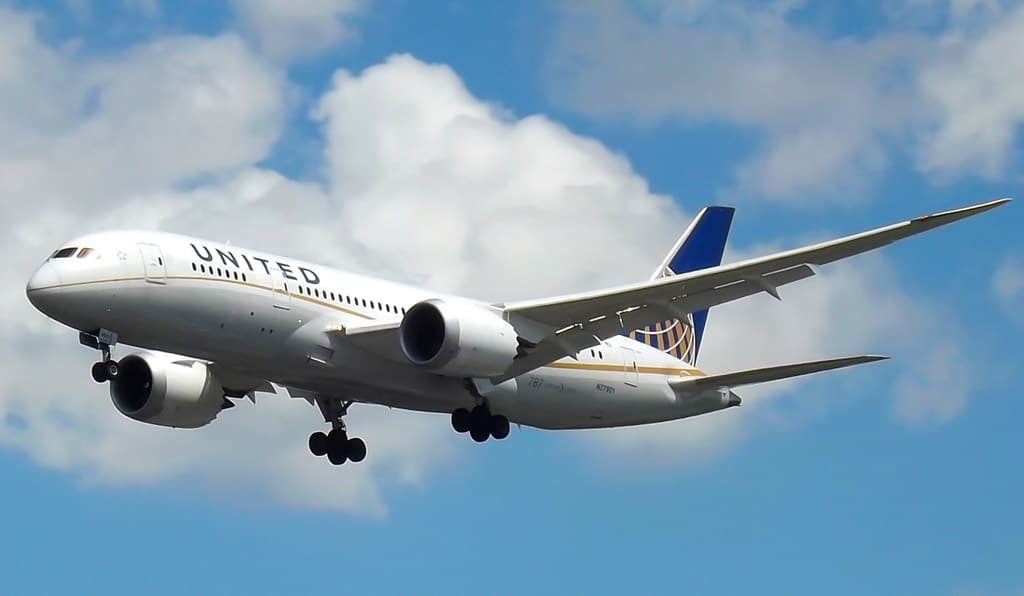
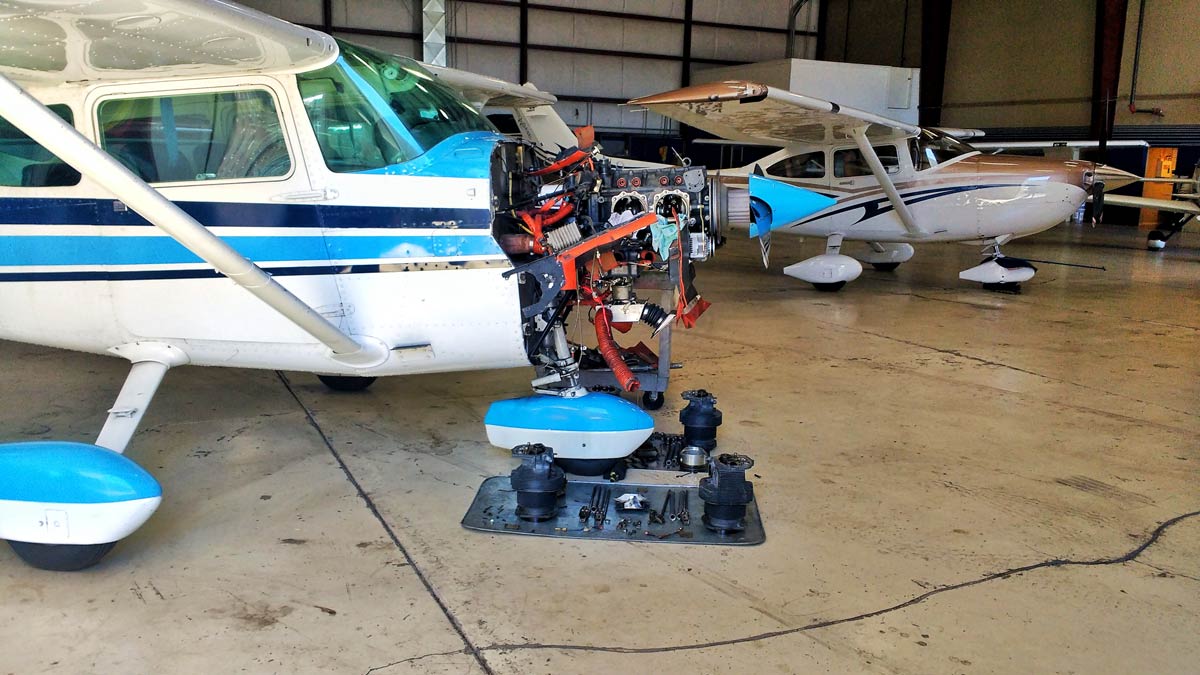
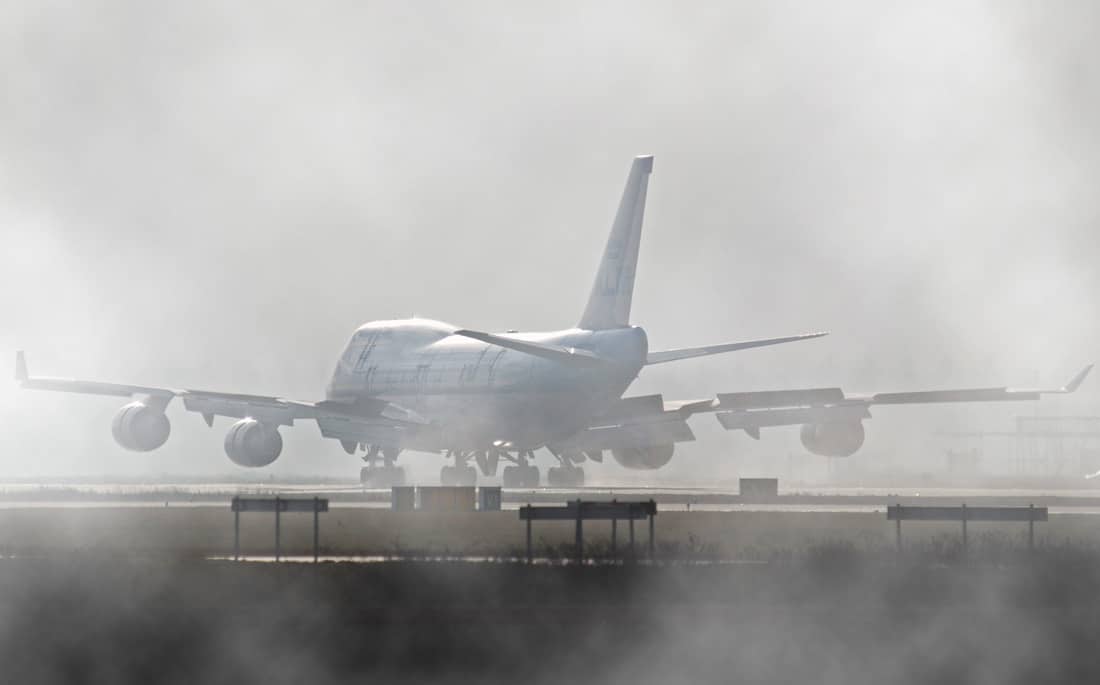
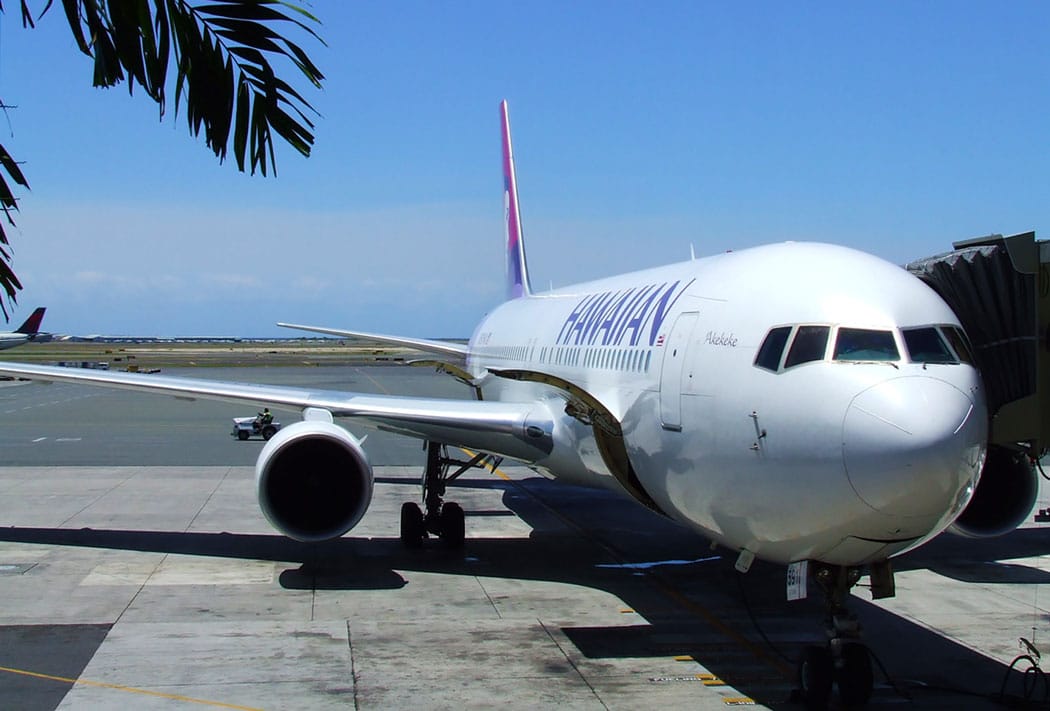
As unstable as major airlines are, the left seat at a major is tough enough, but any other flying job is usually a bad career choice. A rolling stone gathers no moss. Pension and retirement are woefully inadequate at most flying jobs. I say jobs vs career, because ones career might be flying, but they are all just jobs. My career path was a most fortunate one that enabled me to fly floatplanes, to the whole Douglas series and quite a few Boeings as well as classics, turboprops, low and slow and high and far. Perhaps it is easier now to get into the profession, but it is itinerant and devoid of respect. Lots of luck to you young ones that stay with it, but keep an eye on the outside world and look for opportunity elsewhere in your journey.
H Six…